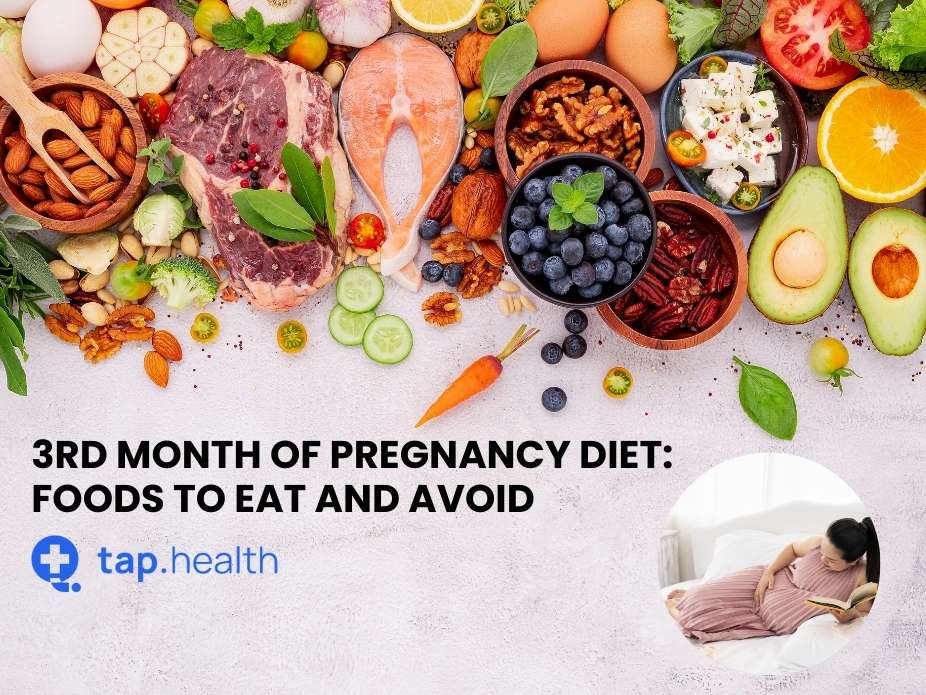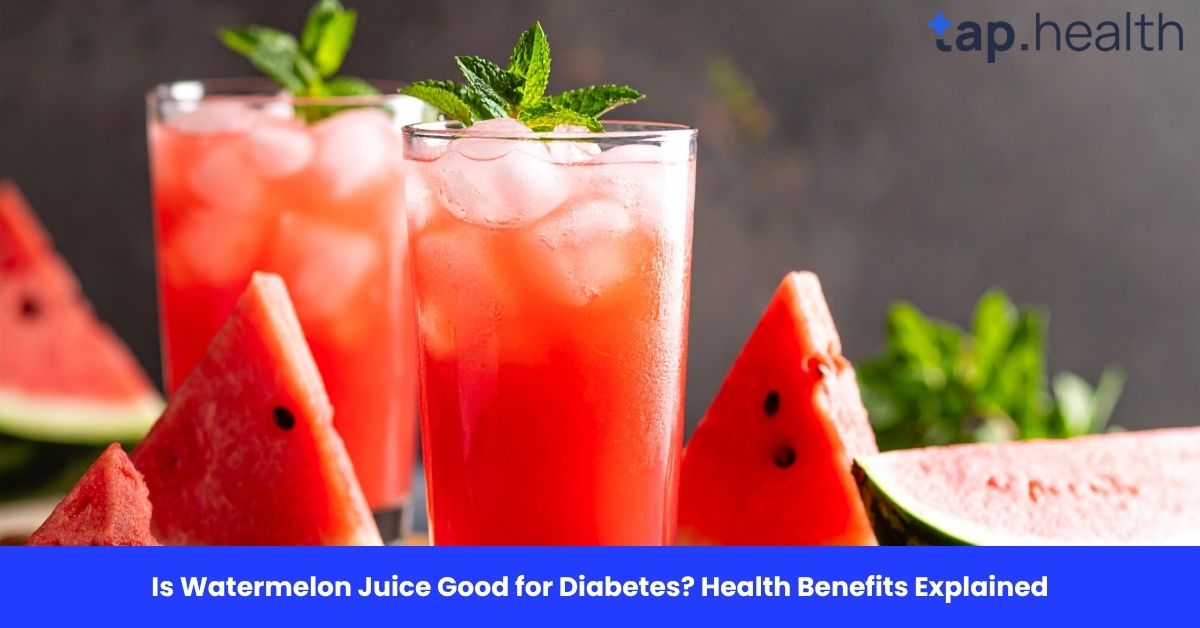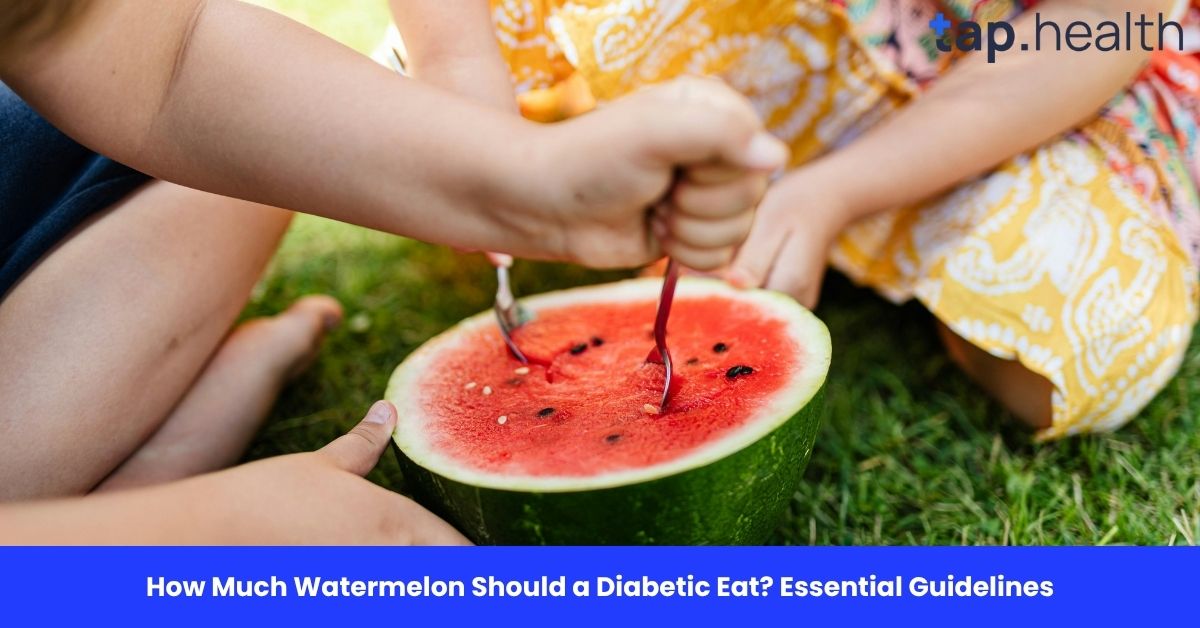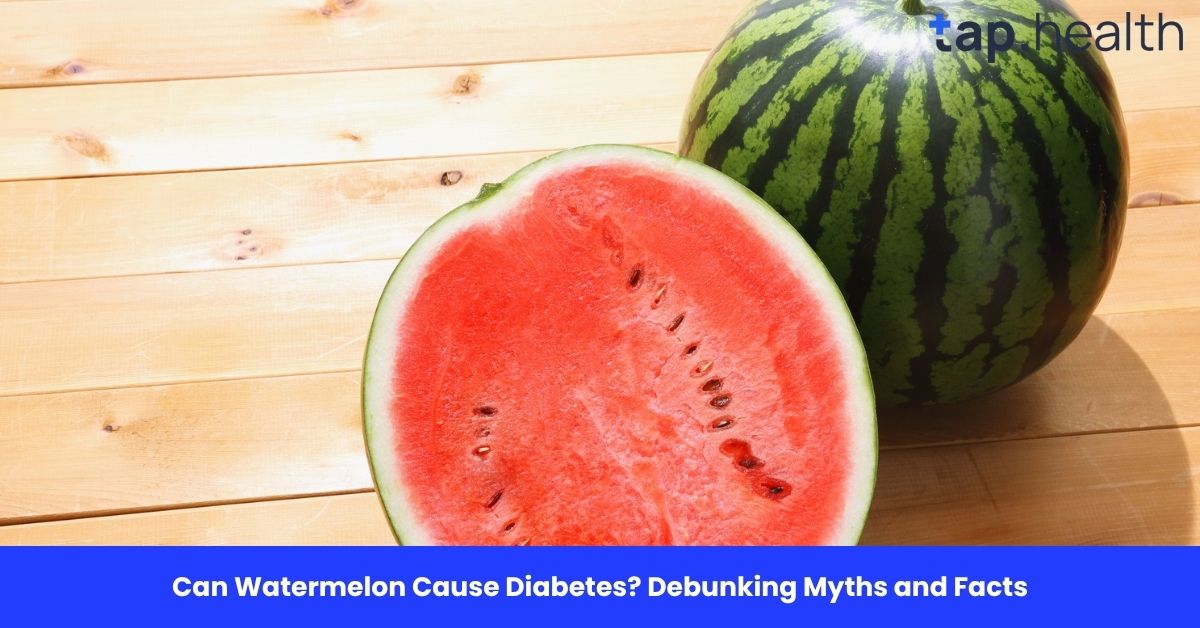The third month of pregnancy marks a critical phase for both the mother and the developing baby. During this time, your baby’s organs are forming rapidly, and your body requires a nutrient-rich diet to support this growth. A balanced pregnancy diet ensures optimal health for you and your baby. This blog outlines the best foods to eat, foods to avoid, essential nutrients, and practical tips for maintaining a healthy diet in the third month of pregnancy.
Why Is a Healthy Diet Important in the Third Month of Pregnancy?
A well-planned diet during the third month supports fetal development and helps manage common pregnancy symptoms like nausea and fatigue. Proper nutrition ensures your baby gets the necessary nutrients for growth while keeping you energized and healthy. Key concerns include preventing nutrient deficiencies, supporting organ development, and avoiding harmful foods that could pose risks to the pregnancy.
Essential Nutrients for the Third Month of Pregnancy
To support your baby’s rapid growth, focus on incorporating these vital nutrients into your diet:
1. Folic Acid for Neural Development
Folic acid is critical for preventing neural tube defects, which affect the brain and spine.
- Sources: Leafy greens (spinach, kale), fortified cereals, oranges, and prenatal vitamins.
- Daily Need: About 600–800 mcg, as recommended by your doctor.
2. Iron for Oxygen Supply
Iron supports hemoglobin production, ensuring oxygen reaches your baby.
- Sources: Lean meats, beans, spinach, and fortified cereals.
- Tip: Pair iron-rich foods with vitamin C sources (like oranges) to boost absorption.
3. Calcium for Bone Development
Calcium is essential for your baby’s bones and teeth.
- Sources: Milk, yogurt, cheese, fortified plant-based milk, and leafy greens.
- Daily Need: Approximately 1,000 mg.
4. Protein for Tissue Growth
Protein aids in fetal tissue development, including the brain, and supports maternal blood supply.
- Sources: Chicken, turkey, fish, eggs, tofu, beans, and nuts.
- Daily Need: Around 70–100 grams, depending on your body weight.
5. Omega-3 Fatty Acids for Brain Health
Omega-3s are vital for your baby’s brain and eye development.
- Sources: Salmon, walnuts, chia seeds, and flaxseeds.
- Tip: Choose low-mercury fish to avoid risks.
Best Foods to Eat in the Third Month of Pregnancy
A varied diet ensures you meet your nutritional needs. Here are the top food groups to include:
Fruits and Vegetables
Rich in vitamins, minerals, and fiber, fruits and vegetables are pregnancy superfoods.
- Examples: Oranges (vitamin C), bananas (potassium), berries (antioxidants), spinach, and kale (folic acid, iron).
- Tip: Aim for 5–7 servings daily with a variety of colors.
Whole Grains
Whole grains provide fiber, B vitamins, and sustained energy.
- Examples: Oats, brown rice, quinoa, and whole wheat bread.
- Benefit: Fiber helps prevent constipation, a common pregnancy issue.
Lean Proteins
Lean proteins support fetal growth and maternal health.
- Examples: Chicken, turkey, low-mercury fish (salmon, shrimp), lentils, and tofu.
- Tip: Ensure meats are fully cooked to avoid bacteria.
Dairy Products
Dairy is a great source of calcium and protein.
- Examples: Milk, yogurt, and cheese (pasteurized).
- Alternative: Opt for fortified plant-based milk if lactose intolerant.
Healthy Fats
Healthy fats support brain development and provide energy.
- Examples: Avocados, nuts, seeds, olive oil, and fatty fish.
- Tip: Avoid trans fats found in processed foods.
Foods to Avoid in the Third Month of Pregnancy
Certain foods can pose risks to you and your baby. Avoid these to ensure a safe pregnancy:
1. Raw or Undercooked Seafood
Raw seafood may contain harmful bacteria or parasites.
- Avoid: Sushi, sashimi, and raw oysters.
- Safe Options: Cooked salmon, shrimp, or catfish.
2. High-Mercury Fish
High mercury levels can harm your baby’s nervous system.
- Avoid: Shark, swordfish, king mackerel, and tilefish.
- Tip: Limit tuna to 1–2 servings per week.
3. Unpasteurized Dairy Products
Unpasteurized dairy can harbor listeria, a dangerous bacterium.
- Avoid: Raw milk, soft cheeses (feta, brie, blue cheese), and unpasteurized juices.
- Safe Choice: Pasteurized dairy products.
4. Undercooked Meat and Eggs
These can carry bacteria like salmonella or toxoplasma.
- Avoid: Rare meats, runny eggs, and homemade mayonnaise.
- Tip: Cook meats to safe internal temperatures (e.g., 165°F for poultry).
5. Excessive Caffeine
High caffeine intake is linked to miscarriage risk.
- Limit: Less than 200 mg daily (one 12-ounce coffee).
- Alternatives: Herbal teas (check with your doctor) or decaf options.
6. Alcohol
Alcohol can cause birth defects and developmental issues.
- Avoid: All alcoholic beverages.
- Alternative: Try sparkling water or mocktails.
7. Processed and Junk Foods
These are high in sugar, unhealthy fats, and sodium.
- Avoid: Fast food, chips, sugary drinks, and candies.
- Tip: Opt for homemade meals with fresh ingredients.
Supplements for the Third Month of Pregnancy
While a balanced diet is ideal, supplements can fill nutritional gaps. Always consult your healthcare provider before starting supplements.
Prenatal Vitamins
These contain folic acid, iron, calcium, and other key nutrients.
- Benefit: Supports overall pregnancy health.
Folic Acid Supplement
Ensures adequate intake to prevent neural tube defects.
- Dosage: Typically 400–800 mcg daily, as advised by your doctor.
Iron Supplement
Recommended if you’re anemic or low in iron.
- Tip: Take with vitamin C for better absorption.
Omega-3 Supplements
Useful if you don’t consume fish.
- Benefit: Supports brain and eye development.
Vitamin D
Aids calcium absorption and supports immune health.
- Sources: Sunlight, fortified foods, or supplements (if deficient).
Practical Diet Tips for the Third Month of Pregnancy
Maintaining a healthy diet can be challenging, especially with pregnancy symptoms. These tips can help:
- Eat Small, Frequent Meals
- Helps manage nausea and maintains energy levels.
- Aim for 5–6 small meals daily.
- Stay Hydrated
- Drink 8–10 glasses of water daily to prevent dehydration.
- Carry a water bottle for convenience.
- Listen to Your Body
- Eat when hungry and stop when full.
- Avoid overeating to prevent discomfort.
- Plan Meals in Advance
- Meal prep ensures healthier choices and saves time.
- Include a variety of nutrient-rich foods.
- Choose Healthy Snacks
- Opt for fruits, nuts, yogurt, or whole-grain crackers.
- Avoid sugary or processed snacks.
- Cook at Home
- Home-cooked meals allow control over ingredients.
- Use fresh, whole foods for maximum nutrition.
- Limit Junk Food
- Reduce processed foods to avoid excessive weight gain.
- Focus on nutrient-dense options.
FAQs About the Third Month Pregnancy Diet
1. Can I eat seafood during the third month of pregnancy?
Yes, but stick to low-mercury, fully cooked seafood like salmon or shrimp. Avoid raw or high-mercury fish like shark or swordfish.
2. How much water should I drink daily?
Aim for 8–10 glasses of water to stay hydrated and support fetal development.
3. Is coffee safe during pregnancy?
Limit caffeine to under 200 mg daily (about one 12-ounce cup of coffee) to reduce miscarriage risks.
4. How can I manage morning sickness?
Eat small, frequent meals and bland foods like crackers or toast. Ginger or lemon may help alleviate nausea.
5. Do I need supplements during pregnancy?
A balanced diet is ideal, but prenatal vitamins, folic acid, iron, or omega-3 supplements may be recommended by your doctor.
6. Can I eat spicy food?
Spicy foods are generally safe but may cause heartburn. Avoid them if they cause discomfort.
7. How do I ensure I’m getting enough nutrients?
Eat a variety of fruits, vegetables, whole grains, lean proteins, and dairy. Supplements can help fill gaps if needed.
8. Are food cravings normal?
Yes, cravings are common. Indulge occasionally but prioritize healthy foods.
9. Should I avoid certain herbs?
Avoid large amounts of sage, rosemary, or parsley. Use culinary amounts and consult your doctor if unsure.
10. Is eating out safe during pregnancy?
Yes, but choose thoroughly cooked dishes and avoid raw or unpasteurized foods. Opt for fresh, nutrient-rich meals.
Conclusion
A well-balanced diet during the third month of pregnancy is vital for supporting your baby’s development and maintaining your health. Focus on nutrient-rich foods like fruits, vegetables, whole grains, lean proteins, and healthy fats while avoiding harmful foods like raw seafood, high-mercury fish, and alcohol. Incorporate supplements as needed, stay hydrated, and follow practical diet tips to manage symptoms and ensure proper nutrition. Always consult your healthcare provider before making significant dietary changes or starting supplements. By prioritizing a healthy pregnancy diet, you’re laying the foundation for a healthy pregnancy journey.



